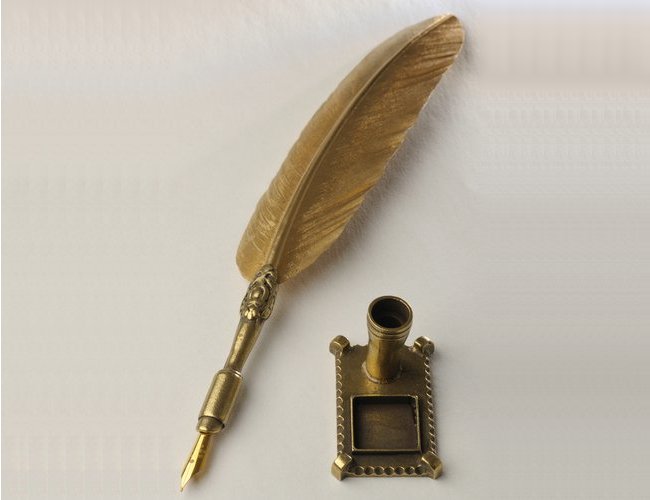A New Jersey appellate court’s decision last week in UCB Mfg., Inc. v. Tris Pharma, Inc., serves as a cautionary tale for employers when drafting confidentiality agreements to protect their trade secrets and confidential information. In UCB, the court found that the confidentiality provision in a pharmaceutical company’s employment agreement with one of its former employees was unenforceable because it was overly broad in time and scope, did not further a legitimate business interest, was contrary to public policy, and was unduly burdensome on the employee.
The case emerged when plaintiff pharmaceutical company UCB alleged that its former lead cough syrup formulator, Yu-Hsing Tu, disclosed confidential information about one of its cough syrup formulas after leaving UCB and joining the company’s competitor, Tris. After Tu’s arrival, Tris became the first company to produce a generic form of one of UCB’s profitable cough syrups. UCB sued Tu and Tris for misappropriation of trade secrets, breach of Tu’s confidentiality agreement with UCB, and unfair competition. UCB later dropped its trade secrets claim after failing to secure a preliminary injunction.
While working for UCB, Tu had signed a confidentiality agreement which stated Tu would not disclose “secret or confidential information” without UCB’s consent. The agreement specified that “secret or confidential information” included READ MORE →




